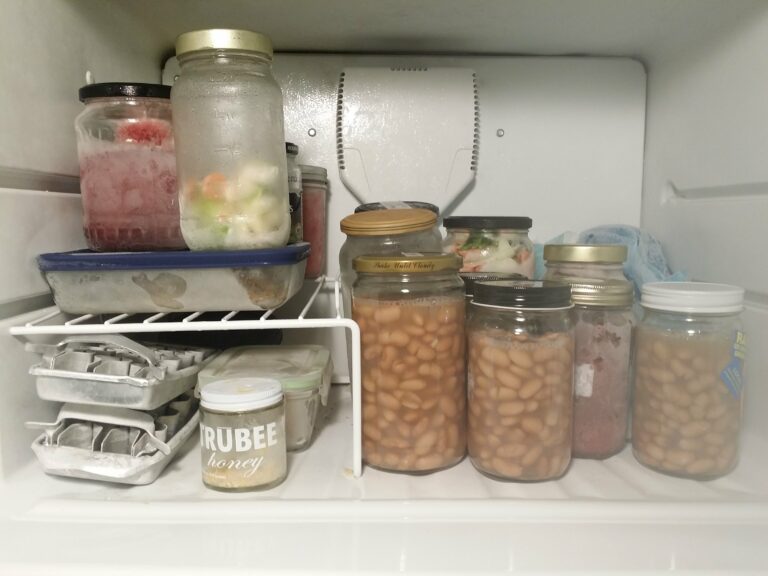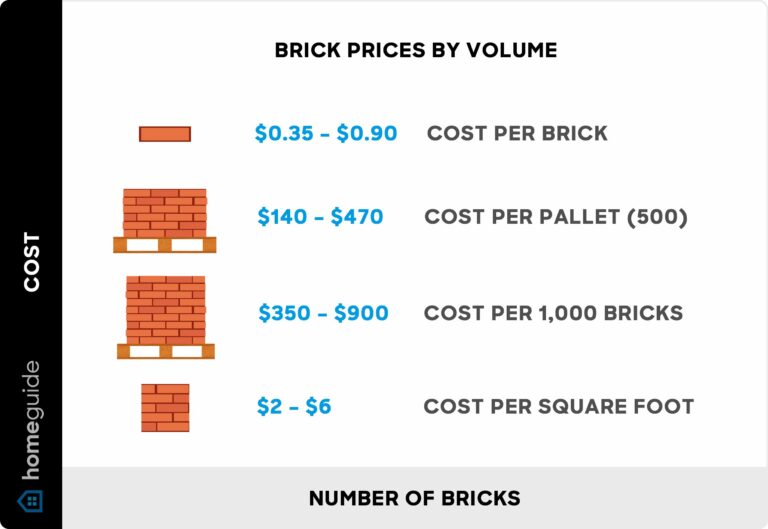Paper Plates Vs Washing Dishes: Which Is Cheaper?
Curious about the cost difference between paper plates and washing dishes? Let’s delve into the economics of these options.
While paper plates are convenient, they come with a price. Washing dishes, on the other hand, takes time and energy but can be more cost-effective in the long term.
Want to know which option is cheaper? We’ll weigh the pros and cons to help you decide based on your budget.
Is it Cheaper to Use Paper Plates or Wash Dishes?
When it comes to mealtime, one question that often arises is whether it is cheaper to use paper plates or wash dishes. The answer to this question can vary depending on several factors, including the cost of paper plates, water usage, detergent expenses, and the value of your time. In this article, we will explore the cost implications of both options to help you make an informed decision.
The Cost of Paper Plates:
Paper plates are convenient but can be costly in the long run. Prices vary based on brand and quality, but expenses can accumulate, especially for larger families or frequent entertainers. Let’s explore the factors that contribute to these costs.
1. Quantity of Paper Plates
The number of paper plates you use per meal is a significant factor that impacts the cost. If you rely heavily on disposable plates and use multiple plates for each person at every meal, the expenses can escalate quickly. However, if you only use paper plates occasionally or sparingly, the cost may not be as burdensome.
2. Quality of Paper Plates
Not all paper plates are created equal, and their quality can affect the cost. Higher-quality paper plates tend to be more expensive but offer additional benefits such as durability and resistance to leaks or soaking through. Lower-quality paper plates may be cheaper, but they may require using multiple plates to avoid leaks or breaking, thus increasing the cost.
3. Environmental Impact
While not directly related to cost, considering the environmental impact of using paper plates is essential. Disposable plates contribute to waste and can hurt the environment. If reducing your carbon footprint is a priority for you, opting for reusable dishes may be a more sustainable choice in the long run.
The Cost of Washing Dishes:
Washing dishes may seem like a mundane chore, but it can offer cost advantages over using paper plates. Let’s examine some of the key factors that influence the cost of washing dishes:
1. Water Consumption
The amount of water used during dishwashing plays a significant role in determining costs. Using an energy-efficient dishwasher can save water compared to handwashing.
However, if you don’t have a dishwasher or choose to wash dishes by hand, you can reduce water usage by using a basin or filling the sink instead of running the tap continuously.
2. Energy Consumption
If you have a dishwasher, it’s essential to consider the energy consumption associated with running it.
Energy-efficient dishwashers can save both water and electricity, resulting in lower utility bills. However, it’s worth mentioning that handwashing dishes typically consumes less energy than using a dishwasher.
3. Detergent and Maintenance Costs
Using dishwashing detergent and maintaining a dishwasher can add to the overall expense of washing dishes. However, these costs are usually minimal compared to the recurring expense of purchasing paper plates.
Considering Time and Convenience:
While the cost is an important consideration, it’s also crucial to evaluate the value of your time and the convenience factor when deciding between using paper plates or washing dishes. Here are a few points to ponder:
1. Time Spent on Dishwashing
Washing dishes can be time-consuming, especially if you have a large family or cook elaborate meals that result in a pile of dirty dishes. If time is a precious commodity for you, using paper plates can help save valuable minutes that can be spent on other tasks or activities.
2. Convenience and Effort
Paper plates offer unmatched convenience as they eliminate the need for scrubbing dishes or loading and unloading a dishwasher.
On the other hand, using reusable dishes may require additional effort and organization in terms of washing, drying, and storing the dishes.
3. Practical Considerations
Your circumstances and lifestyle can also influence your choice. If you have limited access to water or live in an area with high water or electricity costs, using paper plates might be a more economical option.
Conversely, if you have access to affordable utilities or if sustainability is a priority, washing dishes may be the preferable choice.
Making an Informed Decision
The cost comparison between using paper plates and washing dishes is not a one-size-fits-all answer. It ultimately depends on your circumstances, preferences, and priorities. Here are a few factors to consider when making your decision:
1. Budget
Evaluate your monthly budget and determine how much you are willing to spend on disposable paper plates versus the cost of potentially increased water and detergent expenses associated with washing dishes.
2. Frequency of Use
Consider how frequently you plan to use paper plates or wash dishes. If you only occasionally opt for disposable plates, they may be a convenient and affordable choice. However, if you rely on paper plates for all meals, the cost can quickly become prohibitive.
3. Environmental Impact
If sustainability is important to you, take into account the environmental implications of using disposable plates. Reusable dishes are a more eco-friendly option and can help reduce your overall waste.
In conclusion, there is no definitive answer to whether it is cheaper to use paper plates or wash dishes. It depends on various factors including the cost of paper plates, water and detergent expenses, time, and convenience. Consider your budget, lifestyle, and sustainability goals when making the decision that works best for you.
Faqs for Paper Plates Vs Washing Dishes:
The cost-effectiveness of using paper plates versus washing dishes depends on various factors. While paper plates may seem more convenient, they can become expensive over time, especially if used frequently.
On the other hand, washing dishes requires water, detergent, and energy to run the dishwasher or hand wash. This incurs additional costs. Considering the long-term expenses, washing dishes using reusable plates and utensils tends to be more cost-effective.
Paper plates are not considered environmentally friendly due to their impact on deforestation and waste generation.
Producing paper plates contributes to the destruction of forests, while their disposal adds to the growing waste problem.
Washing dishes, on the other hand, can be more eco-friendly when done efficiently. Using a dishwasher or washing dishes in a full sink reduces water and energy consumption, making it a more sustainable option overall.
The water consumption for washing dishes depends on the method used. Hand-washing dishes can use more water compared to a dishwasher, as people tend to keep the water running continuously.
However, using a dishwasher efficiently can be more water-efficient than washing by hand. By waiting until the dishwasher is full or using the dishwasher’s eco-setting, you can minimize water usage and make washing dishes more water-friendly than using disposable plates.
Washing dishes with reusable plates and utensils is generally the better choice for minimizing waste.
Paper plates contribute to landfill waste and require additional energy and resources for production and disposal.
By washing dishes, you reduce the amount of waste generated, as well as the environmental impact associated with the manufacturing and disposal of disposable items.
Aside from cost and environmental considerations, there are other factors to keep in mind. Reusable plates and dishes offer more versatility when it comes to serving different types of foods, especially for hot or liquid-based meals.
They also provide a more enjoyable dining experience compared to flimsy paper plates. Additionally, using reusable dishes can help promote sustainability and reduce your carbon footprint in the long run.
Final Thoughts
In conclusion, after carefully examining the cost factors, it is clear that washing dishes is significantly cheaper than using paper plates in the long run. The initial investment in purchasing reusable plates and utensils may seem higher, but the savings over time, both in terms of money and the environmental impact, are substantial. While paper plates may offer convenience, they contribute to unnecessary waste and recurring expenses. By opting for washing dishes, individuals can make a more cost-effective and sustainable choice for their daily food consumption.


